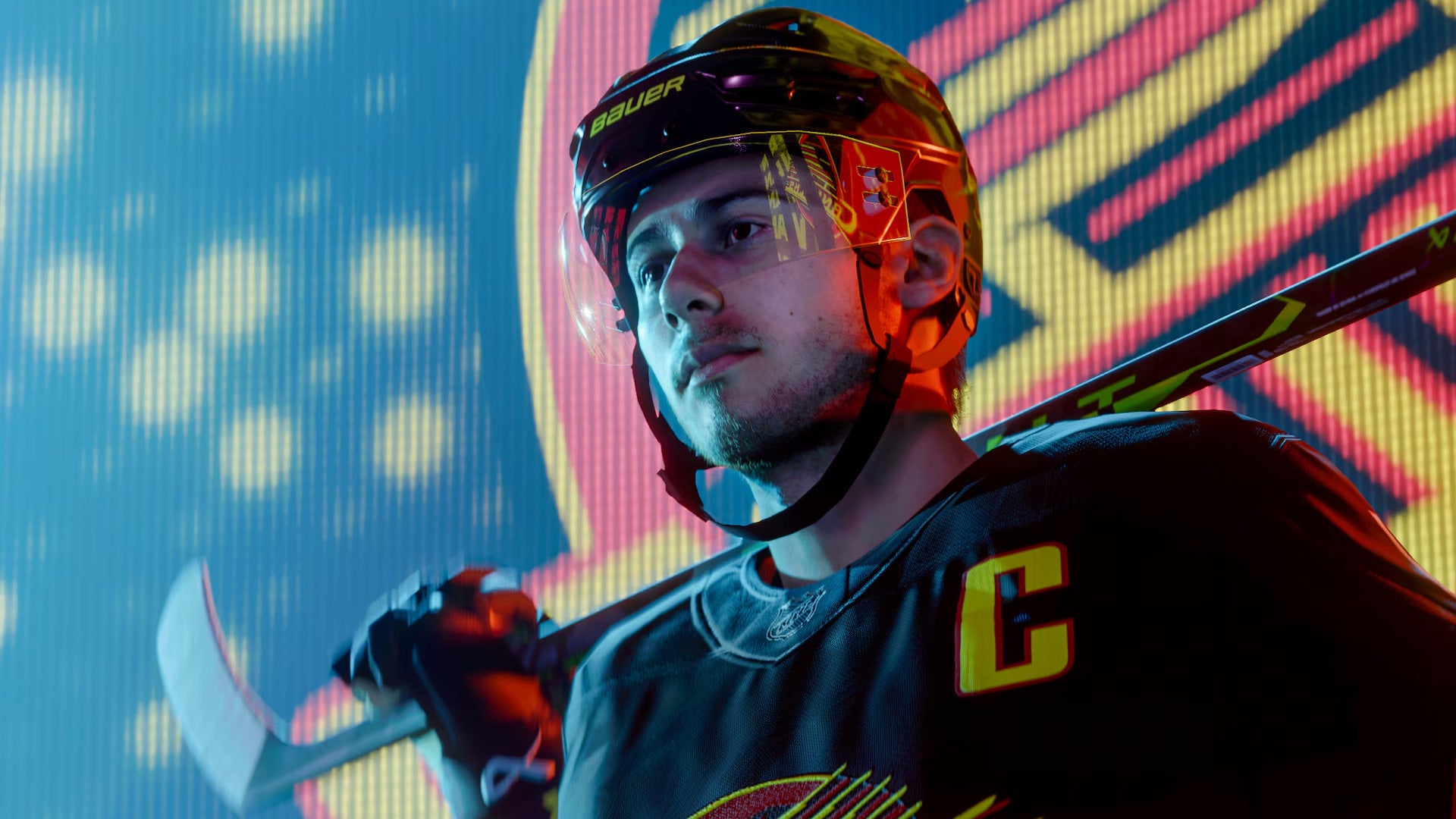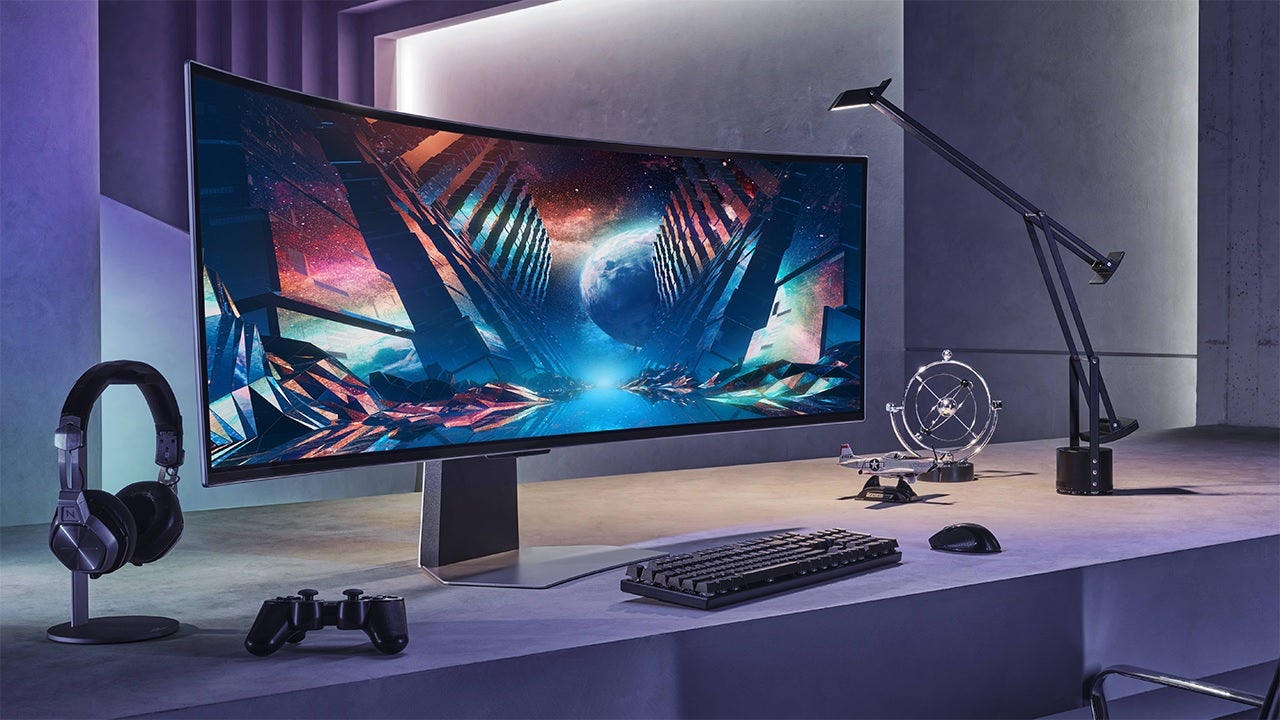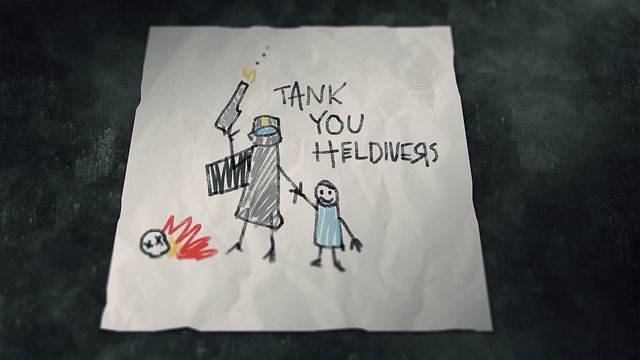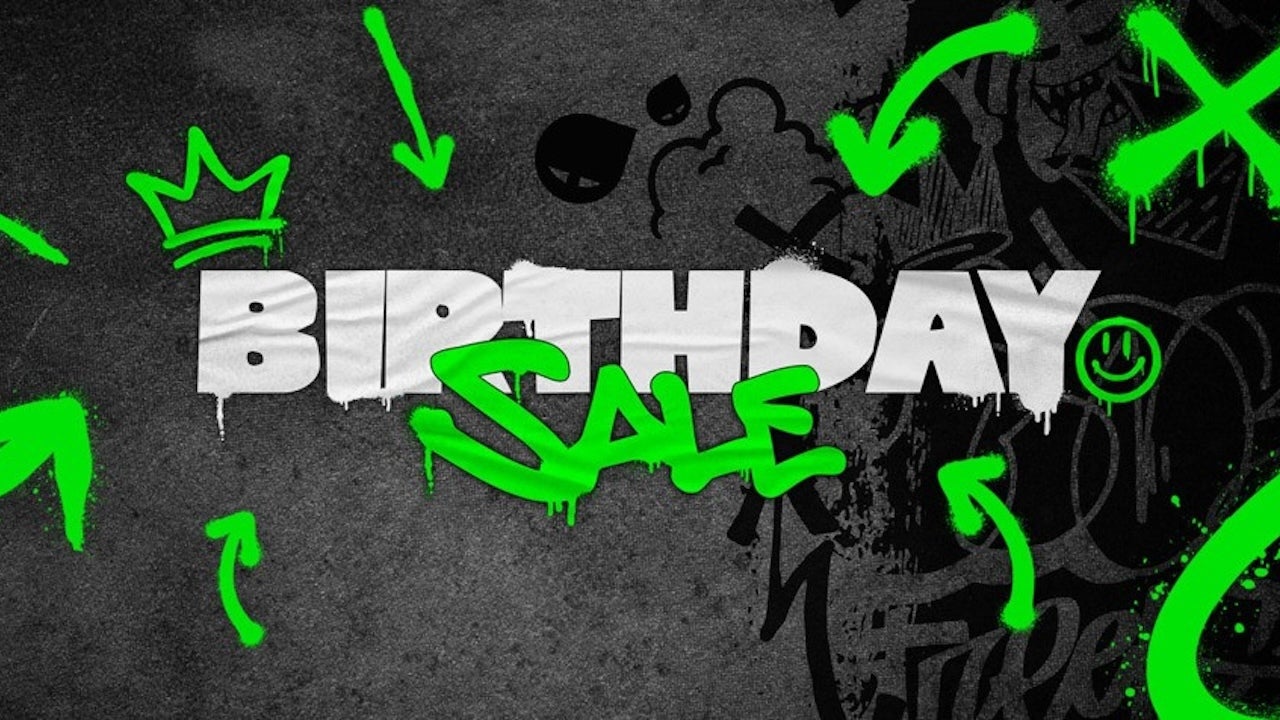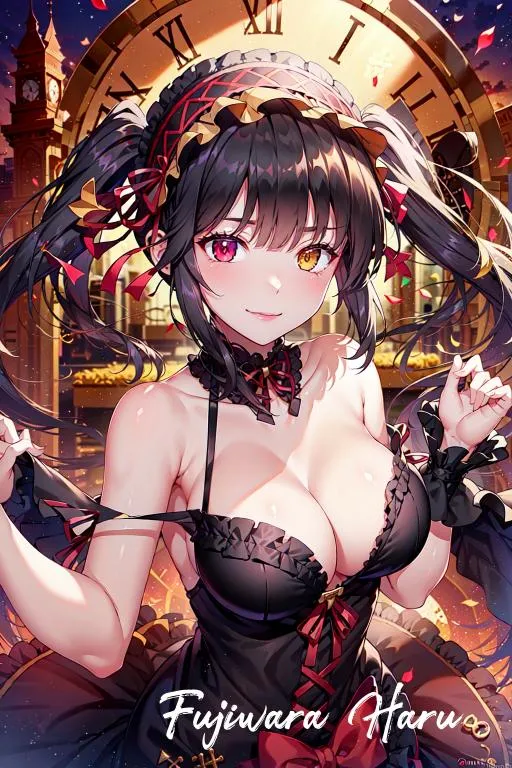Every year I get my hopes up thinking, “This is it: This’ll be the year that EA’s NHL finally gets it together and delivers on its full potential,” only to then spend dozens of hours playing a game that is almost fundamentally the same as the one I played the previous year. There are rare exceptions to this; even though I had my issues with NHL 24, the Sustained Pressure System and Exhaustion Engine at least added something new to the overall gameplay, and NHL 21’s Be a Pro Mode has become a staple. Unfortunately, it seems like NHL 25 isn’t going to be one of those exceptions. Keep in mind that these are just my initial, early impressions of NHL 25 after just a few hours on the ice. But you only get to make one first impression, and right now I’m not feeling too optimistic.
Mechanically I’ve yet to see a lot of meaningful changes, but on the surface level, at least, it’s clear right from the start that NHL 25 is the first game in the series built exclusively for current-gen consoles. The graphics are sharp and the action looks better than ever. Animations are smoother and there’s something satisfying about seeing how much wear and tear you put on the ice. Players now look much more like humans and less like animatronics, so zoom-ins on faces will hopefully no longer provide a lot of nightmare fuel. We can’t say there’s been no positive steps made.
However, Franchise is the only mode that’s been given a significant overhaul relative to last year’s version. The most immediately noticeable change is that the newly redesigned hub menu is sleeker and easier to parse. But there have also been actual gameplay additions, too. For example, GMs must convince free agents to sign with their team if the player’s interest in the organization is too low.
How they go about doing that is up to them. Maybe it’s by promising to let them play on the first line. You can attempt to charm them, but if it fails it might kill their interest in your offer entirely. And players can actually negotiate no-movement or no-trade clauses into their contracts, which is a feature that the NHL playerbase has been requesting for a while now.
GMs can also discuss what the team should be focusing on during the offseason with head coaches, which essentially provides season-wide buffs and debuffs for the team. Players can also be approached with the conversation system to let GMs develop them individually. Seasonal goals and on-ice plays can be assigned, which will lead to boosts if the player is successful. I haven’t had the time I’ve needed yet to see how much impact these types of decisions will actually have in a Franchise playthrough, so I won’t be able to say for certain if these are meaningful until my final review.
You might be wondering how Be a Pro is different this time around. Well, it’s not. Even the intro cinematics seem to be identical, which is doubly bad because I had this same complaint last year. The entire mode just seems shoehorned into each installment with the bare minimum of care or attention. I would love to have some type of story mode that was more than just text bubbles and choosing a response like in those annoying mobile game ads, but I guess that’s just not going to happen anytime soon.
So you can say I’m not wowed by what I’ve seen so far, but we’re still in the first period here: I’ve yet to touch the online modes at all, though I did briefly open a HUT Pack only to have NHL 25 crash midway through the lootbox animation. Hopefully I won’t encounter too many more glitches like that. I’ll be upfront and admit that Franchise Mode has never appealed to me too much because that type of sports sim management is not what I’m personally looking for in a hockey game – I prefer to be out on the ice than in the office – but I do plan to give it a fair shot and see if that mode finally clicks with me thanks to the new changes.
Based on what I’ve played so far, though? I’m just not feeling very impressed by NHL 25. For being the first NHL game exclusively for current-gen consoles, it’s a shame that it seems like it’s still stuck in the same last-gen rut.
